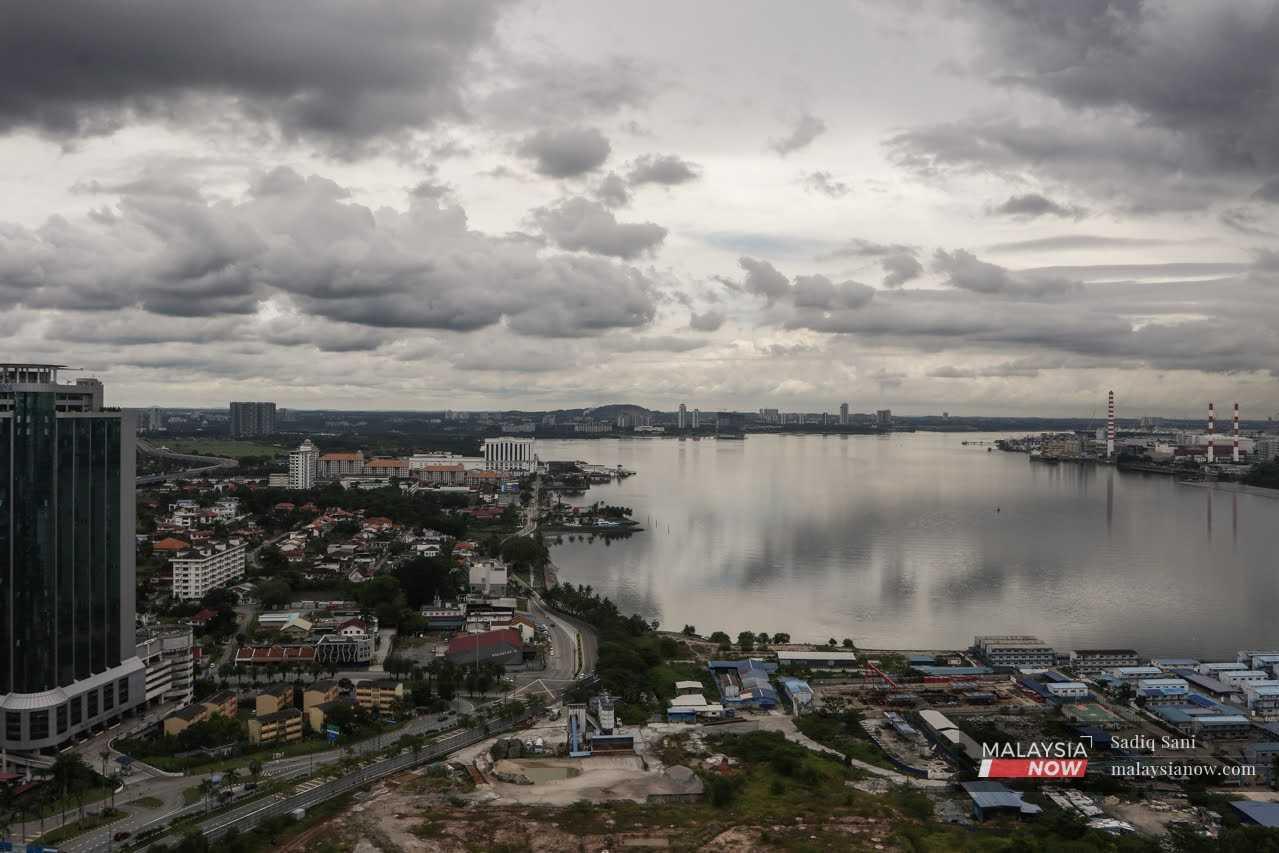Labour shortage in Johor as ringgit slump pushes more to Singapore, report says
Channel NewsAsia cites challenges in industries such as healthcare and F&B.
Just In
Key sectors in Johor are facing a shortage of manpower as Malaysians flock across the causeway to Singapore in search of greener pastures amid the ringgit slump, Channel NewsAsia (CNA) reports.
In a feature piece on labour challenges in the state, CNA cited industries such as healthcare and food and beverage (F&B) services, already struggling to deal with the aftermath of the Covid-19 pandemic.
It quoted Johor health and unity committee chairman Ling Tian Soon as saying that the healthcare sector was down some 2,800 nurses in public hospitals alone.
"That's not including the nurses in the private hospitals," Ling told CNA.
Ling's remarks were echoed by Rahani Yaakob, the regional manager for Columbia Asia, who told the Singapore paper that the shortage of nurses in Johor was "severe".
"Some work for a couple of years before finding options in Singapore where they get better pay. We cannot help it," Rahani, who oversees Columbia Asia's two branches in Johor, was quoted as saying.
The ringgit recently hit its lowest level against the US dollar this year, marking 4.70 on Sept 27.
It also went down against the Singapore dollar to 3.4334/4373 from 3.4275/4310.
In early trading today, it recorded 4.6990/7045 against the US dollar and 3.4370/4415 against the Singapore dollar.
Ling told CNA that one solution for the healthcare sector was to train more nurses locally.
Deputy Trade, Investment and Industry Minister Liew Chin Tong meanwhile said that the government had been trying to raise wages in Johor, where crowds of Malaysians cross the border every day for work in Singapore.
"Every morning, tens of thousands of Malaysians on their motorbikes head to Singapore, at 4am, 5am. They are working in jobs that pay S$2,000. That is partly because in Malaysia, wages are very low… probably a third of the pay they earn in Singapore and in terms of currency conversion, there is a huge gap.
"So it makes a compelling case for ordinary Malaysians to work in Singapore," Liew was quoted as saying.
Similar trouble was reported in the F&B industry where John Ang, president of the Johor Bahru Cooks Association, estimated that the number of chefs and cooks in the city had gone down by some 40%.
Citing the exchange rate, Ang said many restaurants in Johor could not match the salaries offered across the causeway.
"Because of the currency, many of the staff have run to Singapore and it's difficult to entice them to come back," he was quoted as saying.
He also said that Singapore companies appeared more inclined to hire chefs who were more skilled, and who could "generally do the work of two to three people".
He, too, said an offer of higher wages could help Johor retain its talent.
"Operators in Johor Bahru have to offer a competitive salary if we want to retain talent. If we can match, we must try," he said.
Human Resources Minister V Sivakumar said in March that 1.13 million out of the 1.86 million Malaysians who had migrated overseas were living in Singapore as of 2022.
He also said the percentage of migration was 5.6% of the country's total population of 33 million – more than the global average of 3.3%.
Financial daily The Edge meanwhile said in August last year that data from the statistics department showed that Singapore was "the most favoured country" with 54% of overseas Malaysians employed there, followed by Australia (15%), the UK (5%) and the US (10%).
Subscribe to our newsletter
To be updated with all the latest news and analyses daily.
Related Articles
Most Read
No articles found.
